Welcome to the Research Network
Conflict and Cooperation in Eastern Europe
The research network “Cooperation and Conflict in Eastern Europe: The Consequences of the Reconfiguration of Political, Economic, and Social Spaces since the End of the Cold War” (KonKoop) comprises six academic institutions from across Germany and is associated with many partners worldwide. It examines various conflict constellations and dynamics of cooperation in Eastern Europe, Southeast Europe, Central Asia and the Caucasus. Our aim is to understand and explain interactions and integrate the expertise available in Germany
SEE FULL PROJECT DESCRIPTION
Latest News
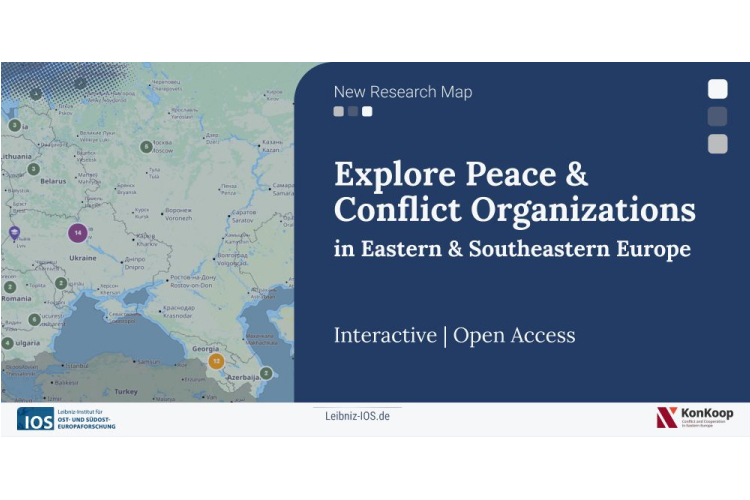
DATA: IOS Interactive Conflict Research Map (Peace and Conflict Studies Across Eastern and Southeastern Europe)
We’re excited to announce the launch of an interactive research map, developed as part of the KonKoop project and now live on the IOS website. This digital tool offers an intuitive, visually engaging overview of organizations involved in peace and conflict research throughout Eastern and Southeastern Europe—from Czechia and former Yugoslavia to Central Asia.
Published online: July 2025
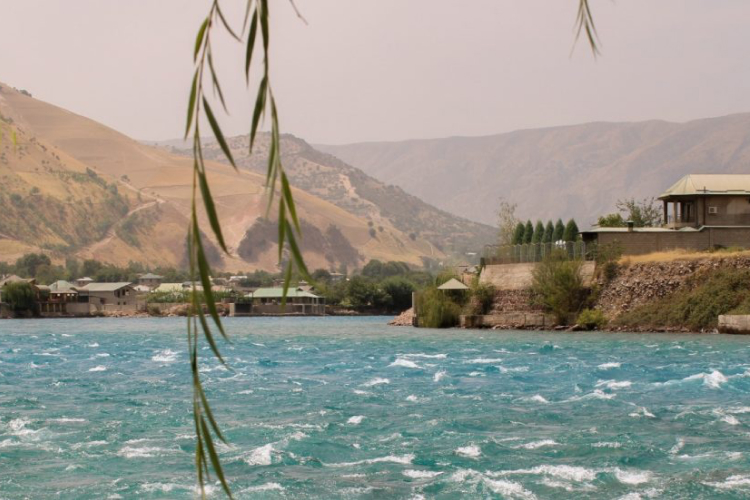
WORKSHOP: Navigating Empirical Research in Armed Conflict: Insights and Lessons Learned
KonKoop-member Nafisa Mirzojamshedzoda (HNEE) will organise a workshop dedicated to empirical research in armed conflict.
14 July 2025 – 10:00 CET online
Organisation: KonKoop
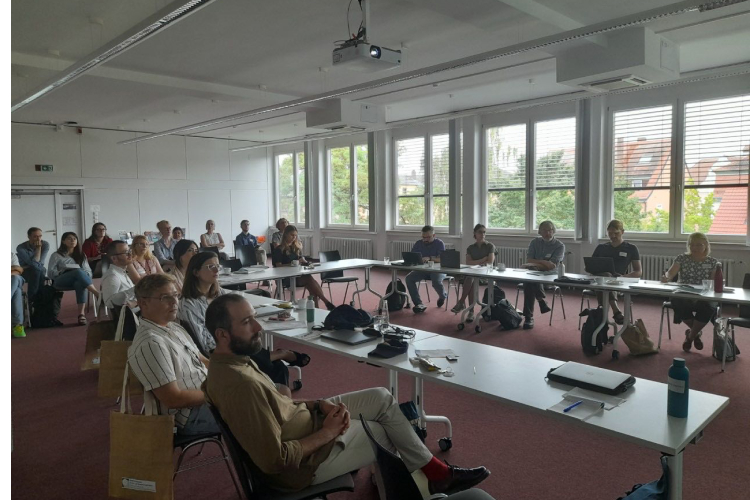
WORKSHOP: Post-Cold War Transformations: Navigating Conflict and Cooperation in Eastern and Southeast Europe
Katarina Damčević, Nikola Gajić, Cindy Wittke (all IOS) will organize a two-day workshop dedicated to conflict and cooperation in Eastern and Southeast Europe.
3-7 July 2025 – 9:00 CET in Regensburg
Organisation: Graduate School for East and Southeast European Studies at the University of Regensburg, KonKoop, IOS
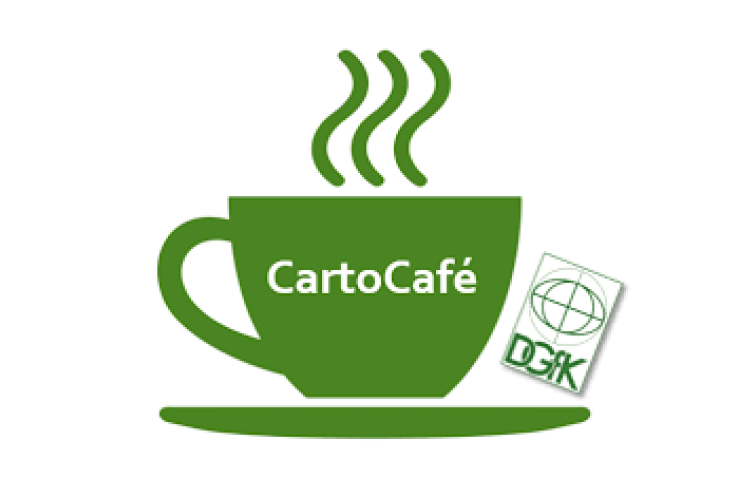
PRESENTATION: Development of an Atlas Concept for Multiple Perspectives on Conflicts in Eastern Europe
KonKoop-members Mela Žuljević, Jana Moser (both IfL) will participate in CartoCafé with a presentation on ‘Development of an atlas concept for multiple perspectives on conflicts in Eastern Europe’.
3 July 2025 – 18:00 CET online
Organisation: Deutsche Gesellschaft für Kartographie e. V.

ZOiS SPOTLIGHT: Ceasefire Lines – Everyday Life, Security and Spaces of Engagement in War
Authors: Sabine von Löwis and Noah Harris (both ZOiS)
ZOiS Spotlight 13/2025
Published online: 2 July 2025
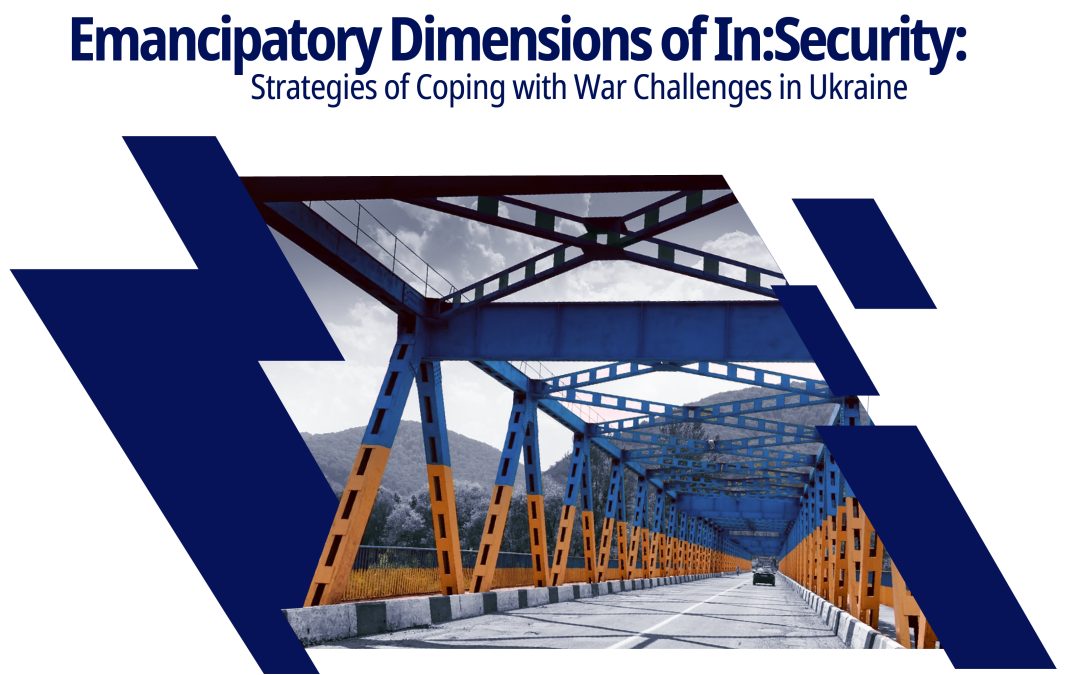
In:Security REPORT: Emancipatory Dimensions of In:Security – Strategies of Coping with War Challenges in Ukraine
Authors: Nadja Douglas, Míla O’Sullivan, Yuliya Yurchuk, Oleksii Vasyliuk, Tetiana Skrypchenko
Published online: 1 July 2025
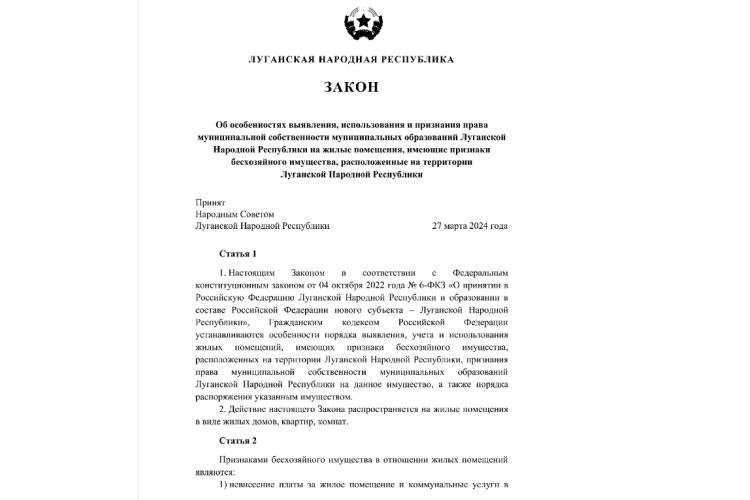
DataLab BLOG: Inventorying to Occupy – Lists of ‘Ownerless’ Dwellings as Markers of Russian Occupation in Ukraine
Author: Guénola Inizan | 02.07.2025
How does the Russian occupation in Ukraine work? What are the institutional regimes implementing this occupation? Guénola Inizan introduces the lists of ‘ownerless’ dwellings as markers of Russian occupation in Ukraine and explains her academic approach towards them.
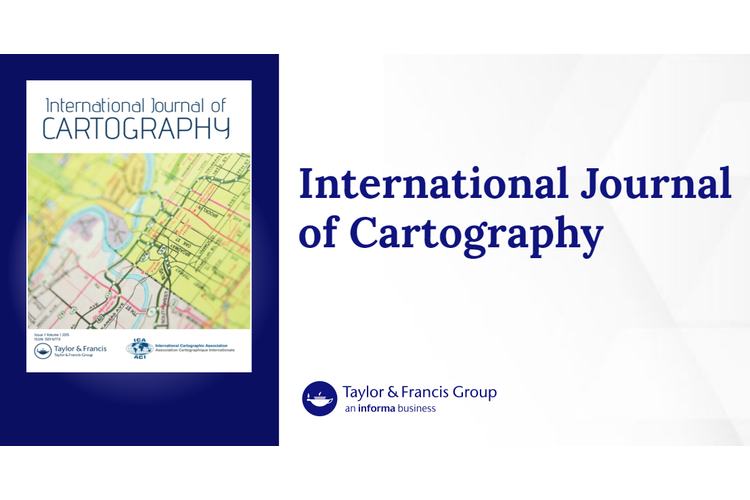
ARTICLE: Design Perspective in Analysing Maps of Peace and Conflict: a Proposal Based on Cartographic Material from the War in Bosnia and Herzegovina
Author: Mela Zuljevic (IfL)
Published: 24 June 2025
In: International Journal of Cartography, pp. 1–20
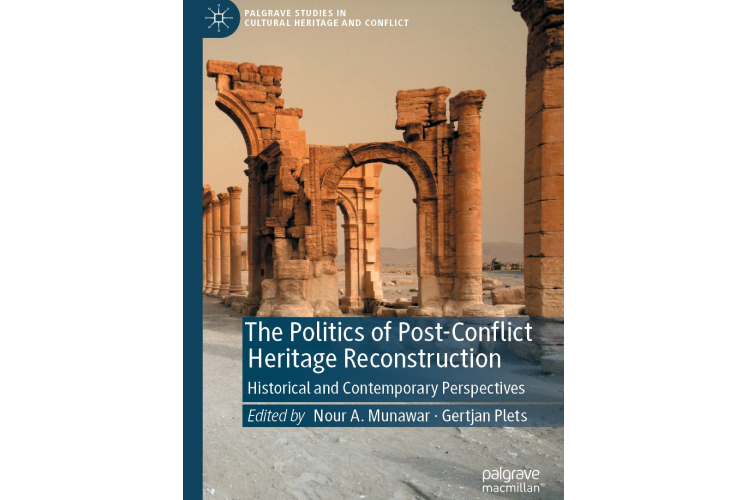
CHAPTER: The Bridge to Transition: Post-conflict Heritage as a Tool of Development in Mostar (Bosnia and Herzegovina)
Author: Mela Zuljevic (IfL)
In: Munawar, N.A., Plets, G. (eds) The Politics of Post-Conflict Heritage Reconstruction. pp. 87–105
Palgrave Studies in Cultural Heritage and Conflict. Palgrave Macmillan, Cham
Published online: 13 June 2025
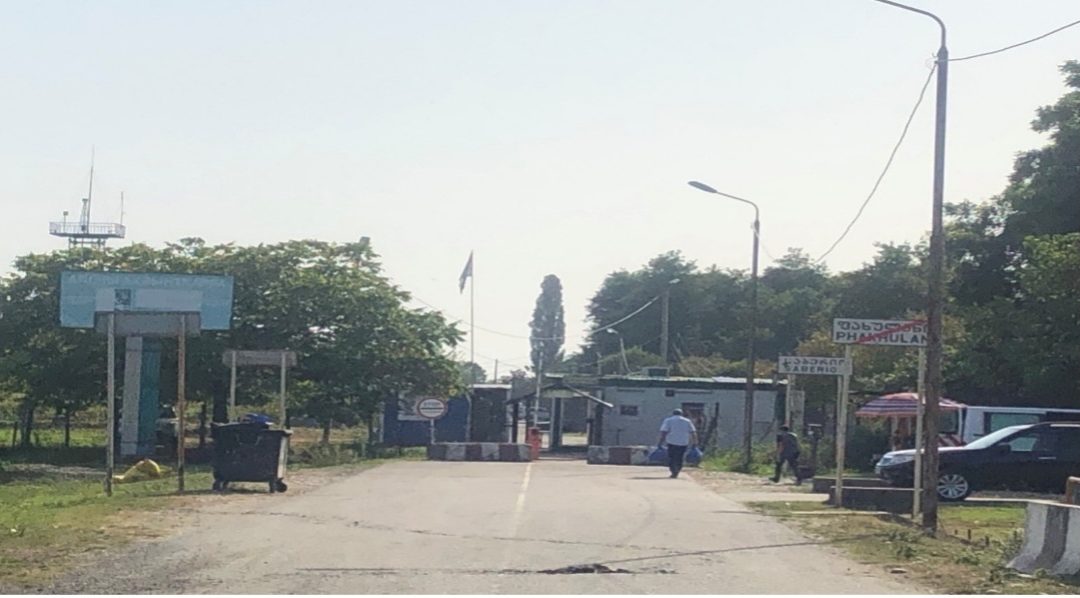
DataLab BLOG: In/visible Contested Border: Im/material Evolutions of the Georgian-Abkhazian Divide
Author: Gaëlle Le Pavic | 28.05.2025
How can you study a contested border that is not a fixed line, but an evolving assemblage of material and immaterial elements – including infrastructure, narratives, security practices and lived experiences? Gaëlle le Pavic does so in the case of the Georgian-Abkhazian divide.
